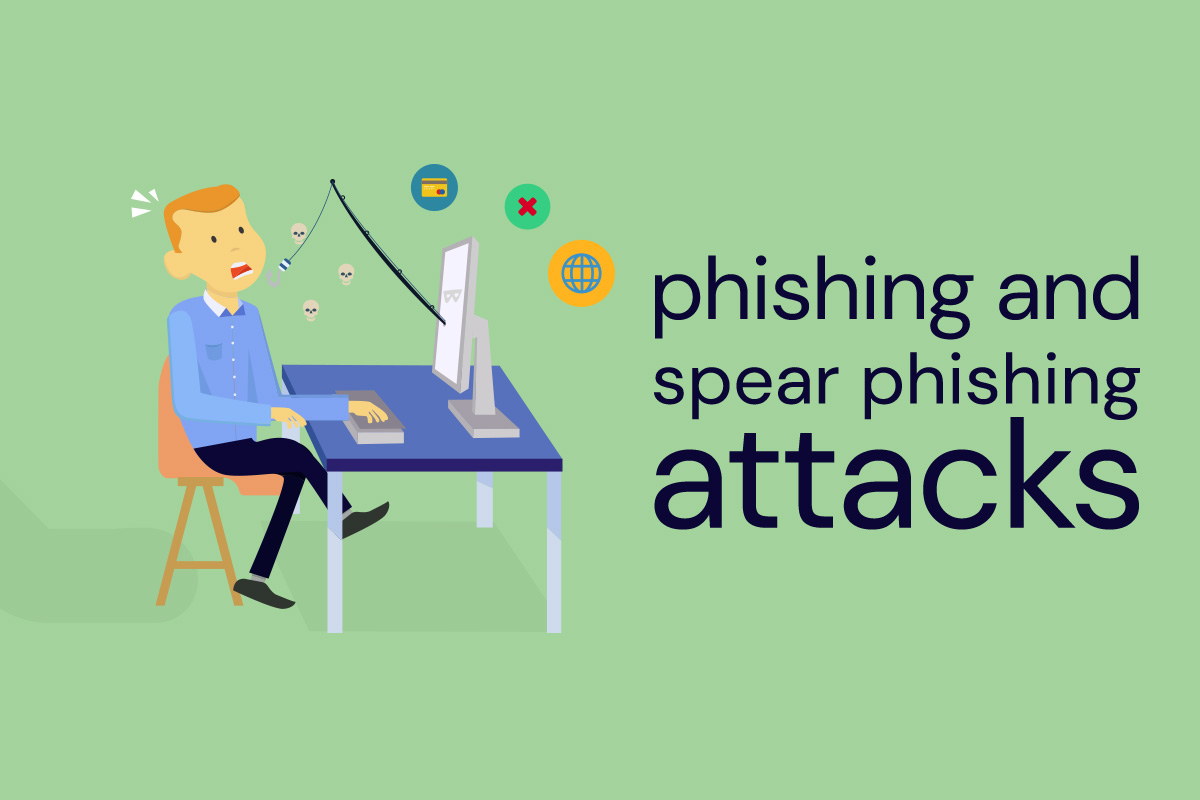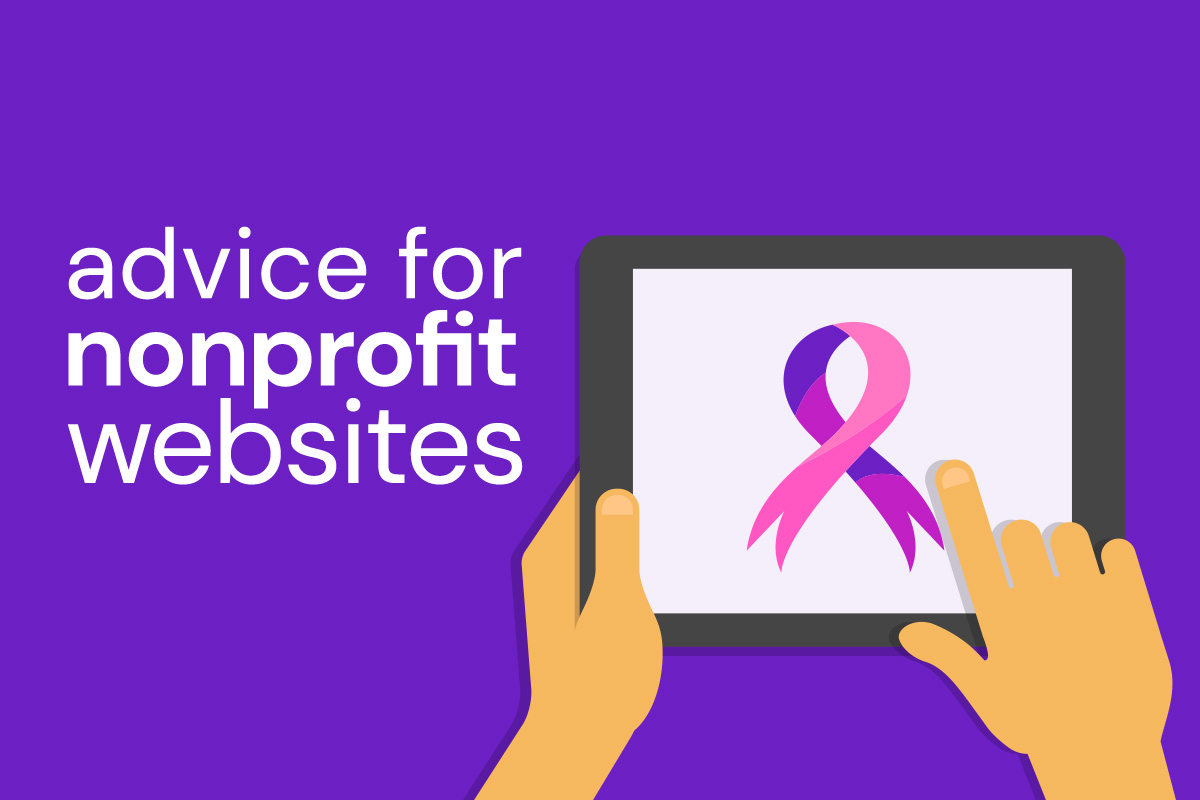We often get requests for lessons on how to better use WordPress, or how to learn just enough Photoshop to get by. While we are happy to do training—and we even provide detailed manuals (upon request) for websites that will be maintained by our users—sometimes we recommend turning to our favorite online learning resources. With the resources below, you can choose to build one particular skill, at your own pace, for a minimal cost (or sometimes for free).
We can’t tell you how often we turn to YouTube when we’re trying to figure out a new skill, whether it’s cleaning the carburetor on our lawnmower or how to modify a glue gun to dispense melted chocolate. We generally do recommend looking on YouTube first if you just need to learn how to do one particular task: how to do a Mail Merge in Microsoft Word, how to take out a background in Photoshop, how to use the review tools in Adobe Acrobat. Sometimes you can find some pretty comprehensive lessons on YouTube, but if you’re ready to take the next step, read on.
Lynda
Lynda offers a monthly subscription for $24.99 that gives users access to a huge variety of video courses. Topics include everything from photography, to design, to audio and video, to coding, to business and even education classes. You can use Lynda to brush up on an application you haven’t used in a while, or gather skills to prepare you for a new job or a promotion. “Bootstrapping Your Business,” “Mergers and Acquisitions Fundamentals,” and “Setting Up Your Business as a Legal Entity” are just a few of the classes available in the Business forum.
Skillshare
Skillshare specializes in creative classes. It’s unlike most other online classroom platforms because it not only offers classes from expert creatives, but it also allows anyone to become a teacher. There are quite a lot of free classes available at any given time, so you can easily experiment with the online classroom model before committing to a paid membership ($9.95 per month). There’s a book cover design class taught by Chip Kidd, creator of some of the most recognizable covers in the industry. That’s what you call legit. A few of the free classes available right now are “Getting Started with Email Marketing,” “How to Sketch Like an Industrial Designer,” and “Photography in Motion: Capturing Moving Subjects.” For the complete list of free classes, visit: http://www.skillshare.com/classes/?enrollmentType=free.
Duolingo
Learning a new language is another ideal topic to tackle with online learning, and Duolingo allows you to teach yourself a new language at your own speed: Spanish, German, French, Italian, Polish… even Hungarian. Best of all, It markets itself as “free forever.” We find it particularly helpful that there are Android and iOS apps to help you learn on the go. Duolingo’s language exercises cover reading, writing, listening, and speaking, and you can turn off the speaking exercises if you’re in a place where talking out loud is embarrassing. (The speaking exercises have you talk into a voice-recognition system; there is no live intereaction.) One of its best features is that it uses crowd-sourcing to constantly improve its features. Users can question language exercises that are of dubious quality, and request that the Duolingo team fix it. As students translate the same material, they can correct each other and vote on which seems most correct.
MOOCs (Massive Open Online Courses)
Massive Open Online Courses started gaining steam in about 2012. They are offered by universities and other institutions around the world, and offer traditional course materials such as filmed lectures, readings, and problem sets. They may sometimes be supplemented by interactive user forums. If you check out the MOOC list, you’ll find courses from CalTech, the British Library, Harvard, Yale, and many more. There was considerable buzz about MOOCs “disrupting higher education,” but the revolution (so far) hasn’t come to fruition. Only 4% of those who signed up for a MOOC actually completed the course, and most enrollees already have a college degree—meaning that very few if any students were using these courses as a way to thwart the insane costs of higher education. Stil, a MOOC could be a solution for you if you’re a highly motivated, curious student.
Online courses not for you and you think you might need one-on-one guidance? We can help—just give us a call at 214-321-1110 or contact us.






